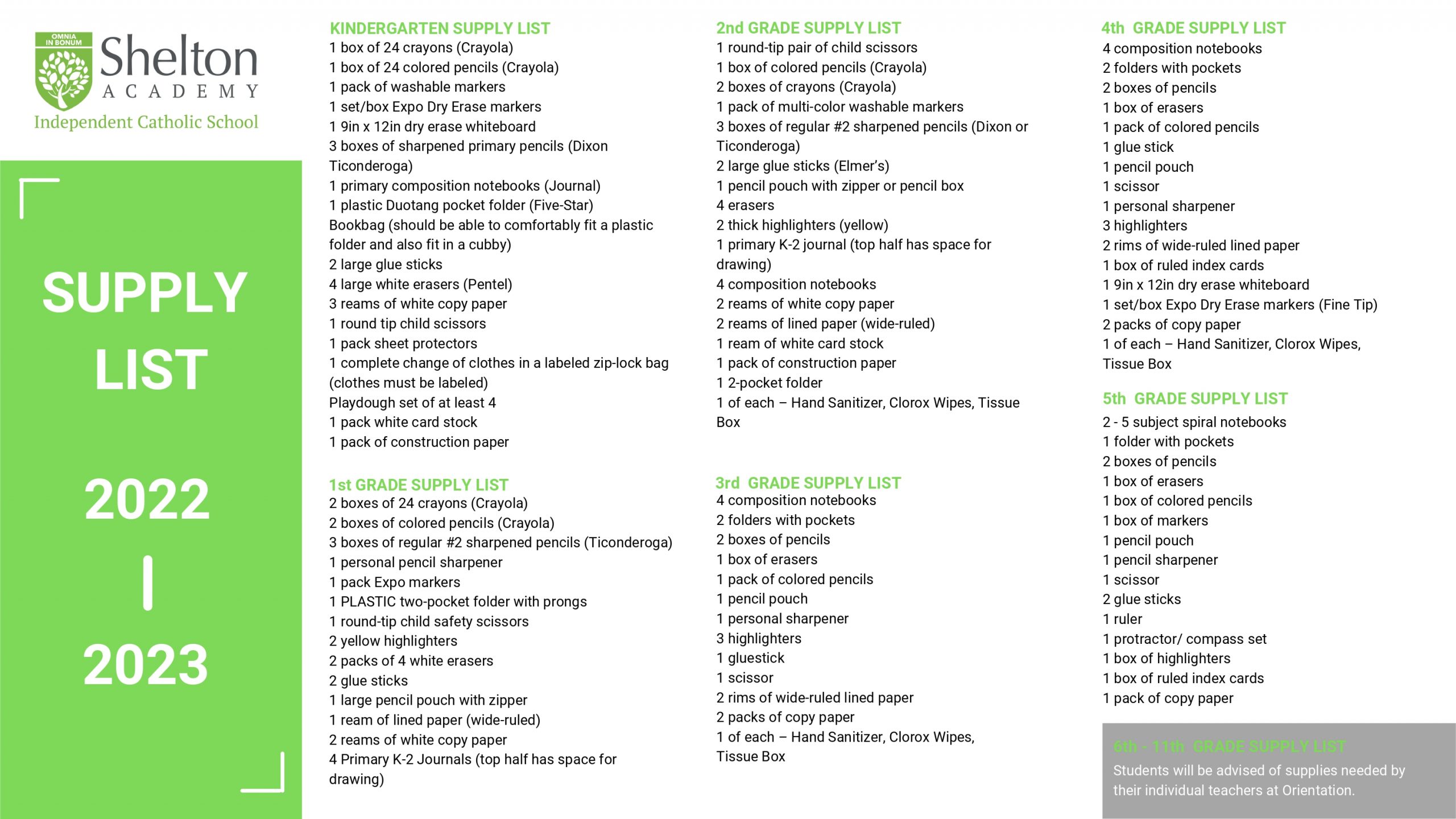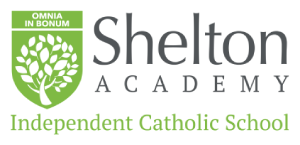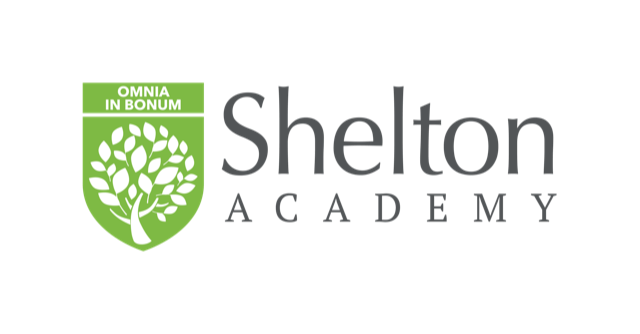
We have partnered with
School Spot!
Supplies can now be ordered and picked up at their location.
www.schoolspotmiami.com
Parent Student Handbook
We are working on updating the Handbook 22-23.
SUMMER-LOWER ACADEMY 2022
 |
 |
SUMMER-UPPER ACADEMY-HIGH SCHOOL 2022

Dear Upper School Families; Summer is a wonderful time to relax and rest for our students after a wonderful academic year, but summer is also a time to prepare for the challenges and excitement of a new school year. With that in mind please find the list of books that our students will be reading over the summer to keep their skills sharp during the summer. The Shelton Academy English faculty have curated these lists, selecting our favorite texts based on their literary merit, thematic resonance and aesthetic beauty. Every selection features a description written by one of our faculty so that our families have a good understanding of the books our students will be reading. During the first week of next year, students will be asked to present information from their summer reading assignments in creative academic ways. Students should therefore read the text with close attention to theme as well as form. Theme is the central message of the text, often written as an argument the text is making about a universal idea. Themes are commentaries anchored in abstract nouns like love, joy, faith, hope, solitude, freedom, virtue, etc. Students should always aspire to derive not just the theme word, but also the text’s commentary on that theme (i.e., love requires sacrifice; faith fosters strong connections; solitude facilitates enlightenment). God Bless, Luis M. Dulzaides Upper School Director |
Click on the image to see the package |



